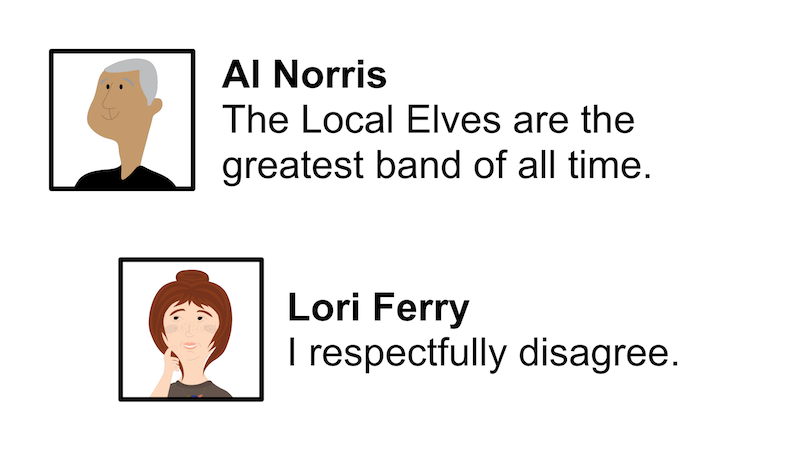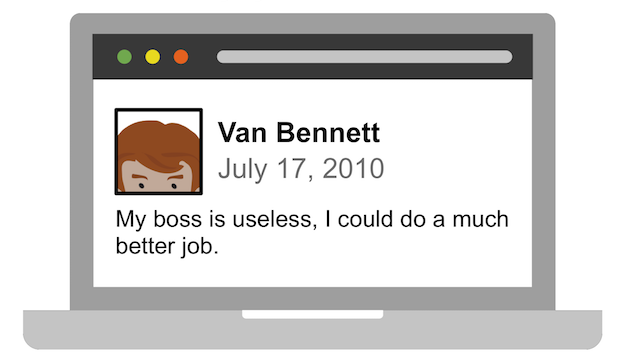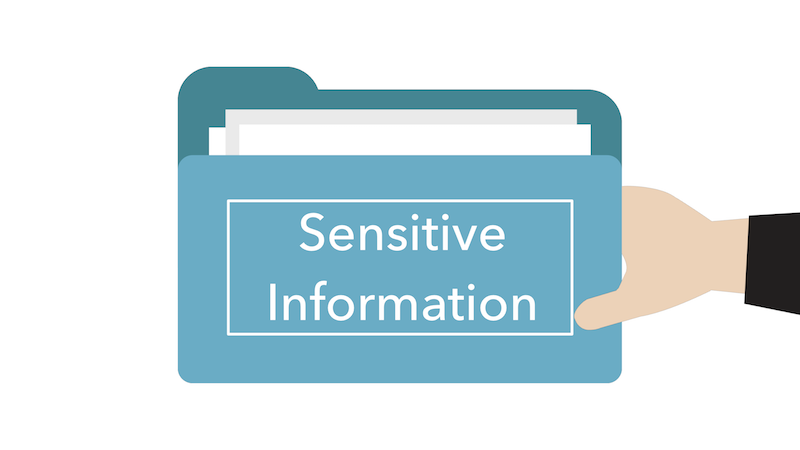Communication Skills -
Being a Good Digital Citizen

Communication Skills
Being a Good Digital Citizen


/en/communicationskills/how-formal-should-an-email-be/content/
No matter where you go online, being a good digital citizen can make your experience smoother and safer. Thankfully, you can become a better digital citizen by following a few simple steps.
Watch the video below to learn more about being a good digital citizen.
Whenever you find yourself online, always treat others the way you’d like to be treated. As you go through forums, comments sections, and social media, remember that you’re interacting with real people, so be respectful and speak as you would if you were face to face. Insulting, bullying, or arguing with people makes things worse for everyone involved, and this sort of negativity can have real-life consequences.

Although it may be tempting, don’t feed the trolls you meet. Trolls are people who enjoy aggravating or arguing with others in comments sections, message boards, or anywhere else they can cause disruption. Unfortunately, they’re also fairly common.
If you encounter a troll, it’s best to ignore them, as any response will likely encourage them to continue their behavior.

Never take material that doesn’t belong to you. Although it seems easy to claim others’ work for your own use, you still need permission to use material that isn’t yours. If you don't get permission, it's considered theft.
Always think carefully about what you post. Once you submit something online, you lose control of it, whether it’s a message board post, text message, or video. This loss of control is a significant reason your digital footprint can last for many years.
Many people have been harmed due to something they said or did online, so don’t post anything that could hurt you or someone else.

Be incredibly careful with your personal information. Avoid posting sensitive information, such as your mailing address, phone number, or driver’s license number, as some people may try to use this information to take advantage of you. Whenever you’re in doubt about whether something is safe to post online, don’t post it.

You shouldn’t believe everything you read online. Instead, take the time to investigate claims and confirm their reliability, especially if the claims seem extraordinary. This also means you shouldn’t share unconfirmed information on social media, or you could risk spreading misinformation.

Essentially, being a good digital citizen means you’re respectful and safe wherever you go online.